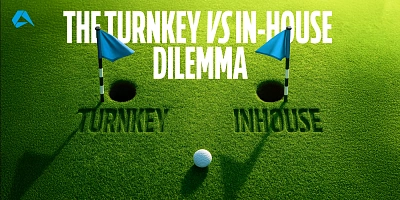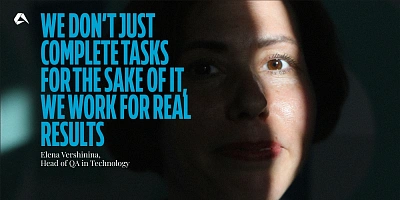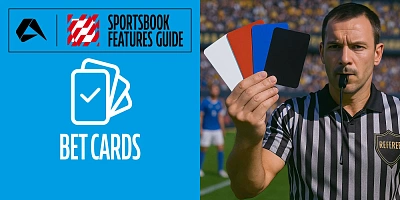When players evaluate their predictive ability—from choosing which matches to bet on to forecasting the final outcome—they go through a thoughtful process that reveals how the human brain handles uncertainty. This often reflects whether the player thinks like a fox or a hedgehog.
This concept dates back to the Greek poet Archilochus, who proposed that “foxes know many things, but hedgehogs know one big thing.” Since then, many influential thinkers have expanded on the idea, suggesting it applies to various aspects of everyday life beyond gambling. These include politics, urban planning, and finance, generally touching on how people approach decision-making.
So, what defines the mindset of a fox versus that of a hedgehog?
With those traits in mind, Philip Tetlock spent two decades applying and refining the fox-versus-hedgehog concept, meticulously documenting his observations—offering valuable insights for gamblers and professionals in the iGaming space.
Tetlock analyzed the predictions of government officials, scholars, journalists, and political figures, finding that out of over 28,000 predictions, their accuracy was only slightly better than chance. You can read more about Tetlock’s research in his 2005 book, Expert Political Judgment: How Good Is It? How Can We Know?
This potentially suggests that a player’s predictive ability in iGaming is only slightly better than chance as well.
Can Betting Predictions Be Accurate When Applying This Theory to Sports Betting?
Identifying whether your players are fox-like or hedgehog-like thinkers can be straightforward—and you might even present this article to your audience and ask how they’d classify themselves.
The graph above highlights key characteristics linked to predictive thinking and the tendency to fall into one of these two categories. Foxes are typically more adaptable, which may allow them to better manage uncertainty. However, according to Tetlock’s research, this only marginally increases predictive success beyond random chance.
One important contributor to the fox-versus-hedgehog discussion, Thomas Bayes—an 18th-century English Presbyterian minister—suggested that while fox-like thinking may raise the odds of accurate predictions, it doesn’t eliminate the possibility of failure. In short, chance still plays a significant role in the fox’s outlook as well.
Which mindset do you think resonates most with your players? And if you’re a player—are you more of a fox or a hedgehog?
If you’d like to explore more sports betting psychology articles, you can find them on Altenar’s blog page, or learn about Altenar’s impressive stats, case studies, operational territories, and more at altenar.com.
If you’re looking to implement Altenar’s sportsbook solution in your new or existing iGaming platform, contact the passionate, award-winning team today to see why Altenar is the right sportsbook provider for you.
Contact Altenar today to start the conversation!













